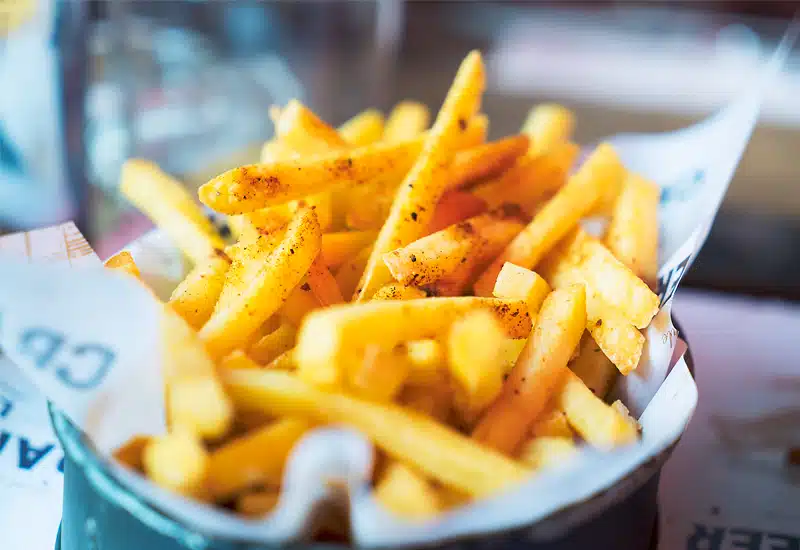Foods To Eat While On Zepbound

The new weight loss drug Zepbound, approved by the FDA in late 2023, has sparked considerable interest among individuals seeking effective weight management solutions. However, medication is just one piece of the puzzle. A balanced and thoughtful diet is crucial to maximizing the drug's benefits and minimizing potential side effects.
This article provides guidance on foods to incorporate into your diet while taking Zepbound, focusing on nutritional needs and strategies for managing common side effects. We will delve into the importance of protein, fiber, and hydration, and offer practical tips for meal planning.
Prioritizing Protein Intake
Adequate protein intake is paramount when taking Zepbound. Protein helps preserve lean muscle mass during weight loss, promotes satiety, and supports overall metabolic function.
Lean protein sources should form the foundation of your meals. These include:
- Skinless chicken or turkey breast
- Fish (salmon, cod, tuna)
- Lean cuts of beef (sirloin, tenderloin)
- Eggs
- Greek yogurt
- Tofu or tempeh
- Legumes (beans, lentils)
Aim for approximately 0.8 grams of protein per kilogram of body weight, or more, depending on individual activity levels and dietary needs. Consult with a registered dietitian for personalized recommendations.
Embracing Fiber-Rich Foods
Fiber plays a critical role in digestive health and can help manage some of the gastrointestinal side effects associated with Zepbound, such as constipation. It also promotes feelings of fullness, aiding in portion control.
Incorporate a variety of fiber-rich foods into your daily diet. These include:
- Fruits (berries, apples, pears)
- Vegetables (broccoli, spinach, carrots)
- Whole grains (oats, quinoa, brown rice)
- Legumes (beans, lentils)
- Nuts and seeds
Start slowly and gradually increase your fiber intake to avoid discomfort. Aim for at least 25-30 grams of fiber per day. Remember to drink plenty of water to help fiber work effectively.
The Importance of Hydration
Staying adequately hydrated is crucial for overall health and can also help mitigate some of the side effects of Zepbound, such as nausea. Water aids in digestion, nutrient absorption, and waste removal.
Aim to drink at least eight glasses of water per day. You can also include other hydrating fluids, such as:
- Unsweetened tea
- Infused water
- Clear broths
Avoid sugary drinks and excessive caffeine, as they can contribute to dehydration.
Managing Common Side Effects Through Diet
Zepbound can cause several gastrointestinal side effects, including nausea, constipation, and diarrhea. Dietary adjustments can help manage these issues.
Nausea
For nausea, try eating small, frequent meals. Avoid greasy, fried, or overly spicy foods. Bland foods like crackers, toast, or plain yogurt may be more tolerable.
Constipation
Increase your fiber intake gradually and drink plenty of water. Consider adding a stool softener or fiber supplement, but consult your doctor first.
Diarrhea
Avoid foods that can exacerbate diarrhea, such as dairy products, caffeine, and artificial sweeteners. The BRAT diet (bananas, rice, applesauce, toast) can be helpful in the short term.
Foods to Limit or Avoid
Certain foods can hinder weight loss efforts and potentially worsen side effects while taking Zepbound. It's best to limit or avoid the following:
- Processed foods (packaged snacks, fast food)
- Sugary drinks (soda, juice)
- High-fat foods (fried foods, fatty meats)
- Excessive alcohol
These foods are often high in calories, low in nutrients, and can contribute to weight gain and gastrointestinal distress.
Meal Planning Strategies
Strategic meal planning can greatly simplify your dietary journey while on Zepbound. Plan your meals in advance, focusing on balanced plates that include protein, fiber, and healthy fats.
Prepare meals at home whenever possible to control ingredients and portion sizes. Use smaller plates to help with portion control.
Consider working with a registered dietitian or nutritionist to create a personalized meal plan that meets your individual needs and preferences.
The Role of a Healthcare Professional
It is crucial to work closely with your healthcare provider while taking Zepbound. They can monitor your progress, adjust your dosage as needed, and provide guidance on managing side effects.
A registered dietitian can help you create a sustainable and enjoyable eating plan that complements the medication and supports your weight loss goals. They can provide specific guidance tailored to your individual needs, addressing any dietary restrictions or preferences.
Conclusion
Zepbound can be a valuable tool for weight management, but it's essential to combine it with a healthy and balanced diet. Prioritizing protein, fiber, and hydration, while limiting processed foods and sugary drinks, can maximize the drug's effectiveness and minimize potential side effects. Remember to consult with your healthcare provider and a registered dietitian to create a personalized plan that meets your individual needs and supports your long-term health goals.


















